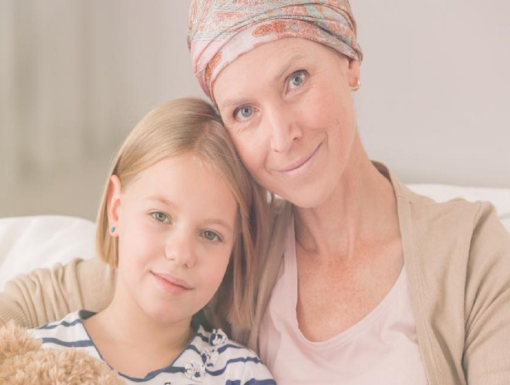
How to Live Your Best Life After Cancer
According to the Center for Disease Control, nearly 15 million adults and children are cancer survivors in the United States. People are living longer after being told they have cancer, due to improvements in finding cancer earlier and improved treatments.
After receiving a cancer diagnosis, it’s normal to place a laser focus on your recovery, and for some, that could mean putting the rest of your life on hold in order to get well. After treatment is over, you may feel relief and be ready to return to life the way it used to be. Other stresses may also set in -worry about your cancer returning, anxiety about returning to work, or apprehension about changed relationships with friends and family. Even though you’re cancer-free, you may have a host of other health issues that you now have to deal with.
Survivorship and Patient Resources
Learn more about our resources for cancer patients and survivors.
While there may be a lot of information and support during illness, life after cancer surfaces new questions and concerns. It can take time to both physically and emotionally recover. Be patient with yourself- this adjustment period is you getting used to a “new normal.”
As hard as treatment is, many cancer survivors say that the experience gave them a wakeup call and a second chance to make life what they want it to be.
Here are some tips to help you live your best life after becoming cancer-free:
Talk to Your Healthcare Team
Be proactive with your health after treatment by meeting with your healthcare team and going over your follow-up care plan after treatment. They can cover how often you still need to see doctors, get follow-up tests and what symptoms you should watch for moving forward. If you have fears of your cancer coming back, be honest with them, so they can address your worries. You can also ask for a referral for a counselor or therapist to help put your concerns in perspective and help deal with anxiety or depression which is common among cancer survivors.
Take Care of Your Mind and Body
Use your energy to focus on wellness and manage stress. Find ways to help yourself truly relax, share your feelings with friends and family or join a support group to talk to other survivors who are having the same experiences. Exercise can help reduce anxiety and depression, improve your mood and boost your self-esteem. Eat a balanced diet to remain healthy and maintain your strength.
Your New Normal
The end of treatment can be a time to look forward to the future. Allow healing time for you, your family members and caregivers. Cancer is a life-changing situation which can give you the chance to grow, learn and appreciate what’s important to you. Ask yourself: Are you doing what people expect of you or are you doing what you want to do? What are things you’ve always wanted to try? Are you satisfied with how you spend your time every day, or are you just used to your routine?
While cancer is not a choice anyone would choose for themselves, it sometimes presents opportunities to look at the future in a different way. You’ve gotten your life back. Make sure to live it to the fullest!



